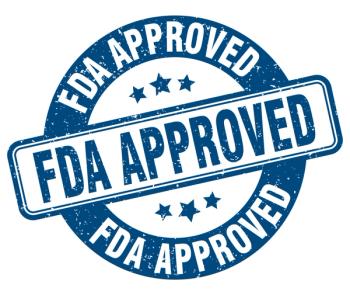
Is there a difference among vaginal dryness products?
Many women experience vaginal dryness during menopause, following childbirth, during nursing, before menstruation, or when using tampons. It may also occur as a side effect from certain medications, as well as from stress and excessive exercise.
Many women experience vaginal dryness during menopause, following childbirth, during nursing, before menstruation, or when using tampons. It may also occur as a side effect from certain medications, as well as from stress and excessive exercise.
When it comes to treating vaginal dryness, it is important for women to know that there is a difference between vaginal lubricants and moisturizers.
According to Machelle M. Seibel, M.D., professor of obstetrics and gynecology at the University of Massachusetts, a vaginal moisturizer forms a moist coating on the surface of vaginal cells and disperses moisture for 48 to 72 hours. "This enables the cells to regain their natural elasticity and moisture and reestablishes the vagina's normal physiological function," he said. "A lubricant is a water-based product that removes friction and provides moisture for an hour."
Seibel recommended that women who choose to use vaginal moisturizers use them every other day for a week and then twice a week thereafter. Vaginal moisturizers, which are formulated to change vaginal pH levels, are also beneficial in treating dryness. "The normal pH is 4.5," he explained. "The vagina normally has bacteria in it. When the pH is balanced, the bacteria are balanced. When a women nears menstruation, is undergoing stress, or during intercourse, a host of conditions can cause pH to become more alkaline. The bacteria tend to get out of balance, causing bacterial vaginosis, an overgrowth of bacteria. This causes vaginitis and can lead to irritation and dryness. If women think they have vaginitis, it's a good idea to see a doctor."
Seibel went on to say that if a woman is trying to get pregnant, she should not use a lubricant because many lubricants contain preservatives or ingredients that slow down or kill sperm. "Many lubricants contain material to prevent bacteria from growing in the tube after it is opened," he said. "That's good for the lubricant, but bad for sperm. A good vaginal moisturizer uses the vagina's own epithelial cells to provide lubrication and does not hamper sperm motility."
Newsletter
Pharmacy practice is always changing. Stay ahead of the curve with the Drug Topics newsletter and get the latest drug information, industry trends, and patient care tips.























